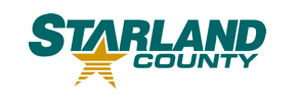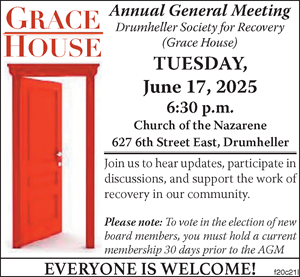A local woman who has spent a number of years fighting Lyme disease related illness is reaching out to spread awareness and help others who are facing a similar medical journey.
The Mail brought readers Julian Augey’s story in its May 22 edition. For years she was living in a cloud of medical mystery. It took until last October before she had a clear picture of the cause of her symptoms. 
An American lab positively identified that she has babesia and bartonella, Lyme disease coinfections.
Augey is still on hiatus from her job as a teacher at DVSS, and while she feels her treatment is on the right track, she understands it will be a long journey back to health. She is on a personalized medical and diet regime and feels she is making progress.
Knowing how trying her journey has been, even as she recovers, she is looking to help others.
She has created Lyme Light, and is in the process of it becoming a society. Its mandate is to support the Lyme community by fostering research, education, awareness and support.
“Our main goal is to raise awareness so people understand that the testing in Canada is not accurate. They can only test for one strain and there are hundreds,” she said.
This is going to take a shift in attitudes by the medical community. And right now, she believes to get proper treatment is to seek a remedy outside of Canada.
Some of the ways the society can support those looking for answers is to promote Lyme literacy, possibly accompany people on doctor visits, or even help raise awareness in the medical community. They could also support by helping connect patients with Lyme literate doctors, help, and facilitate testing.
“Lyme Light will probably never make enough money to help people get the treatment because treatment is so expensive, and we’ll never raise enough to send people to the States, although we are aiming at least getting them tested and diagnosed in a timely fashion,” said Augey.
Augey says awareness is important and is making a difference.
“Since my story came out in the first article, I have been getting two to three phone calls or emails a week from people saying, ‘I think I have Lyme.’ Or they have had Lyme and want to know more about treatment. So it is a huge epidemic that we are not talking about,” she said.
Lyme Light is planning its first awareness and fundraising event. On Sunday afternoon, November 3, they are hosting Art and Wine at the Badlands Community Facility. This is a free event aimed at art and music lovers. Members of the Badlands Artists Association as well as artist from Medicine Hat, Three Hills and Calgary and Rosebud will have their art on display and will be donating a portion of their sales to Lyme Light.
There will be live music performed by local musicians and also an information booth there to answer questions about Lyme disease.
For more information, check out Lyme Light’s Facebook page.























